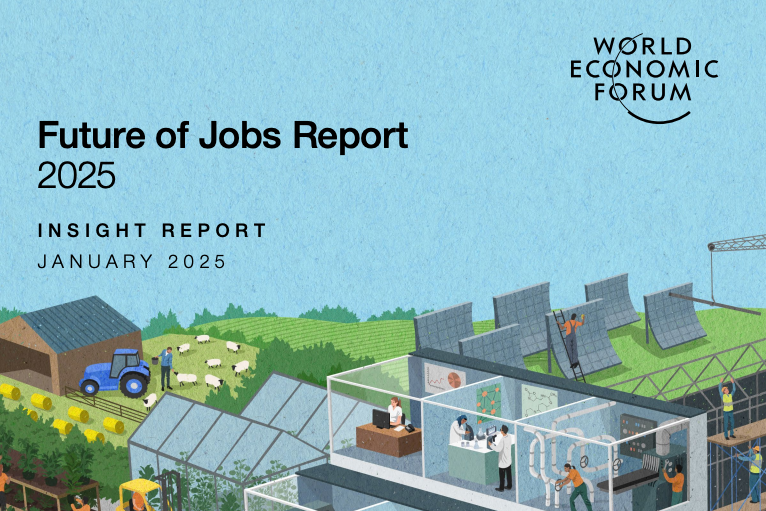
Technological change, geoeconomic fragmentation, economic uncertainty, demographic shifts and the green transition – individually and in combination – are among the major drivers expected to shape and transform the global labour market by 2030.
On current trends over the 2025 to 2030 period job creation and destruction due to structural labour-market transformation will amount to 22% of today’s total jobs. This is expected to entail the creation of new jobs equivalent to 14% of today’s total employment, amounting to 170 million jobs
While global job numbers are projected to grow by 2030, existing and emerging skills differences between growing and declining roles could exacerbate existing skills gaps. The most prominent skills differentiating growing from declining jobs are anticipated to comprise resilience, flexibility and agility; resource management and operations; quality control; programming and technological literacy
Given these evolving skill demands, the scale of workforce upskilling and reskilling expected to be needed remains significant: if the world’s workforce was made up of 100 people, 59 would need training by 2030. Of these, employers foresee that 29 could be upskilled in their current roles and 19 could be upskilled and redeployed elsewhere within their organization. However, 11 would be unlikely to receive the reskilling or upkskilling needed, leaving their employment prospects increasingly at risk
Skill gaps are categorically considered the biggest barrier to business transformation by Future of Jobs Survey respondents, with 63% of employers identifying them as a major barrier over the 2025- 2030 period. Accordingly, 85% of employers surveyed plan to prioritize upskilling their workforce, with 70% of employers expecting to hire staff with new skills, 40% planning to reduce staff as their skills become less relevant, and 50% planning to transition staff from declining to growing roles.
Read the report.